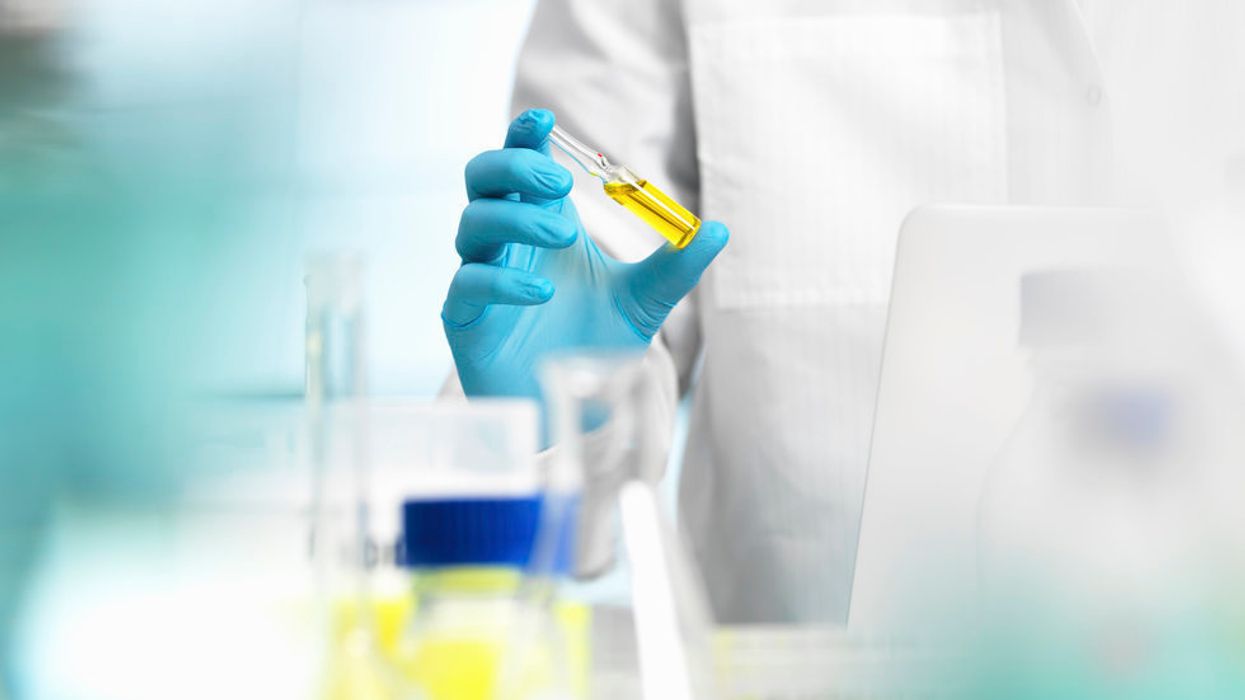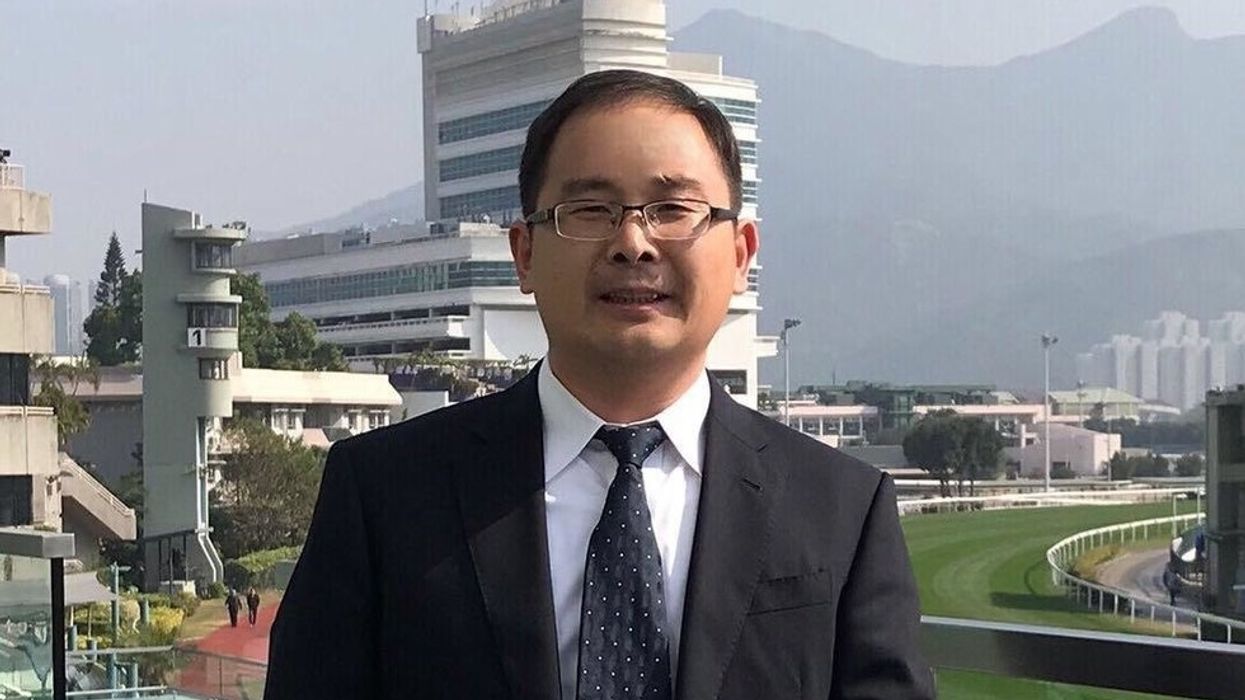Houston cancer-fighting biotech company introduces its 4th ongoing clinical trial
health report
A Houston-based biotech company has wrapped up enrollment for its most recent clinical trial of its cancer-fighting drug.
Moleculin Biotech Inc. (Nasdaq: MBRX) has launched its fourth ongoing trial — this time focusing on Cutaneous T-Cell Lymphoma, or CTCL, treatment. The company's other three trials include treatment for glioblastoma, an aggressive brain cancer, pancreatic cancer, one of the most virulent killers in oncology, and acute myeloid leukemia, or AML.
To treat these various types of cancers, Moleculin has a several drugs it's in preclinical or clinical trials testing — most biotech companies have only one they focus on. WP1220 is the drug that will be used in this trial for topical CTCL treatment of the cancer's resulting skin lesions.
"We believe there continues to be an unmet need for an improved topical therapy for Stage I-III CTCL skin lesions," says Walter Klemp, Moleculin's chairman and CEO, in a news release, "especially one that may avoid significant unwanted side effects."
WP1220 is what's known as a p-STAT3 inhibitor. STAT3 is a transcription factor that encourages tumor development. Moleculin's technology directly attacks the tumor, but also quiets T Cells, which allows the body's own immune system to fight the cancer itself. Essentially, it works both as chemotherapy and immunotherapy.
"This proof of concept, if successful, could be an important first demonstration of a therapeutic effect in humans from such a p-STAT3 inhibitor," Klemp continues. "We are pleased with how quickly this trial reached full recruitment and we are hopeful to be able to announce results from this trial yet this year."
Klemp founded the company in 2007, and Moleculin went public in 2016. Now, with the company's four clinical trials, Moleculin is even closer to saving lives with its products.
"Notwithstanding the relatively rare nature of CTCL, we believe showing activity with one of our STAT3 inhibitors, within our WP1066 family of molecules, could be an indicator of both the value of p-STAT3 as a target and the potential for our drugs in other cancers where STAT3 is highly activated," Klemp says in the release.





 Houston-based Ridgeline Therapeutics isn't going to allow you beat aging, but someday it may well help you to live without muscle loss or diabetes. Getty Images
Houston-based Ridgeline Therapeutics isn't going to allow you beat aging, but someday it may well help you to live without muscle loss or diabetes. Getty Images


